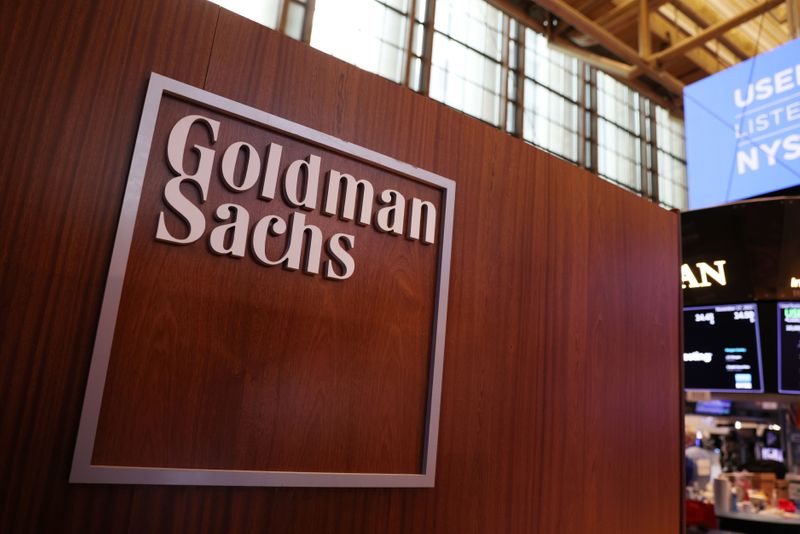LONDON (Reuters) -A former Goldman Sachs (NYSE:GS) analyst was convicted on Thursday in a London court of using inside information to buy shares in listed companies and make more than 140,000 pounds ($175,650), a Financial Conduct Authority (FCA) spokesperson said.
Mohammed Zina, 35, was employed by Goldman Sachs International in its conflicts resolution group in London.
Prosecutors said he used confidential information to buy shares in six companies between July 2016 and December 2017, including chip designer Arm Holdings (NASDAQ:ARM) with knowledge of SoftBank Group's impending $32 billion acquisition.
He had pleaded not guilty to six offences of insider dealing and three counts of fraud for allegedly lying to Tesco (LON:TSCO) Bank about the purpose of loans, which prosecutors said were used to buy the shares.
A spokesperson for the FCA, which brought the prosecution, said Zina was convicted of all nine counts following a trial at Southwark Crown Court. He will be sentenced on Friday.
A Goldman Sachs spokesperson said: "Mohammed Zina betrayed the trust we placed in him and his misuse of client information was in direct contradiction of our values. We have zero tolerance for this conduct."
Steve Smart, the FCA's joint executive director of enforcement and market oversight, said: "Mohammed Zina tried to cheat the market for his own personal gain by cynically trading on inside information.
"This conviction sends a clear message that economic crime is on our radar and we will take action to uphold the integrity of UK markets."
Mohammed Zina's brother Suhail Zina, formerly an associate at law firm Clifford Chance, had also stood trial but was cleared of all nine charges at the direction of the judge on Feb. 5. Clifford Chance declined to comment.
Prosecutor Peter Carter told jurors at the start of the trial that Mohammed Zina used "private, confidential, price-sensitive information" to invest on the stock exchange.

He said Goldman Sachs' internal policies strictly forbid any use of confidential information acquired by the investment bank or its employees.
"To breach a confidence or to use confidential information improperly or carelessly would be unthinkable," he quoted the policy as saying.
